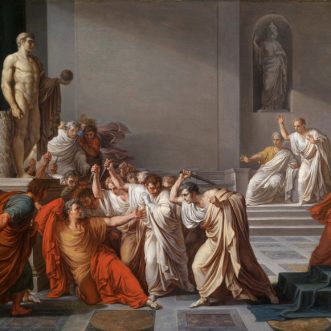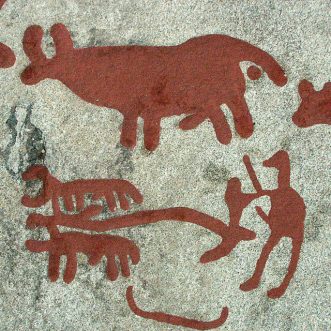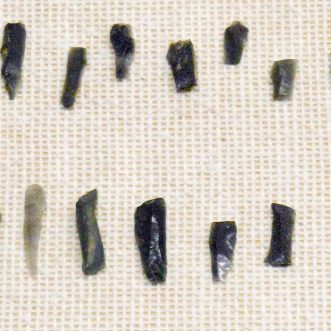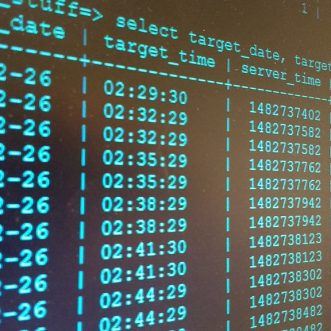June 22, 2022
If humans are naturally empathetic, flexible and co-operative, how come it feels like we’ve lost that?
Because we fall for stories. Stories where our empathy and flexibility can be used against us.
I’m into the last of my 4 new books: ‘Citizens‘ by Jon Alexander and Ariane Conrad, and I’m so glad I’m reading it after Sarah Hrdy’s one.
According to Jon and Ariane, we’ve trapped ourselves in certain stories – stories that we didn’t create, but which had enough advantages for us in them to be accepted.
The first is the Subject story – one man at the top of our tribe has the right to tell everyone else what to do. The rest of us are subject to his will, whether we like it or not. The deal is meant to be that in return, the man at the top will take care of us, make sure we are fed and housed and can live our little lives. The downside of this story is that there’s not much room for movement. Your place is fixed and you know it. The upside is that you can sneak in quite a private life on the side. For an interesting exploration on how this story might have come about, I recommend ‘On Kings‘ by David Graeber and Marshall Sahlins.
The second is the Consumer story – we are not a subject, we are a free person! Free, that is, to choose between whatever options are given. The deal here is that we can be whoever we want to be, as long as it involves buying stuff. The more, the better. We aren’t encouraged to think about how that stuff is made, by whom, or what effect it might be having on other people and the planet. We aren’t encouraged to think at all. Our job is simply to consume. The Consumer story likes community, likes tribes. Tribes encourage people to compete with each other in buying stuff. The upside of this story is that as a Consumer we can fully express our indivduality in a myriad of ways. The downside of this story is that we feel disconnected, lonely, unfulfilled somehow, and there’s only so much stuff you can fit into one lifetime.
The third story is the Citizen story. In this story we are empathetic, co-operative, flexible. We recognise that we are part of something more than a community or a tribe, that we are individuals who are also part of a society. A society we make, and could just as easily make differently. In this story we make and re-make society from the bottom up, collaboratively, deliberately, consciously. The downside of this story is that it takes a lot of effort, it means taking responsibility not just for ourselves, but for others, and it means participating with others in a messy process. The upside is that this is our natural story, and the more we practice it, the better we get at it.
How do these stories play out in your business?
Are your clients or customers simply Consumers? Or are they Citizens, helping to shape the little society that is your business?
Are your people Subjects? Knowing their place. Living their ‘real life’ outside the workplace, doing just enough to keep you happy? Or are they Citizens, helping to shape the little society that is your business?
And you? Are you a King, worrying about who’s after the top spot? Or are you a Citizen, building a little society that will both outlast you and remember you as its founder?
Citizenship makes Daring possible.









